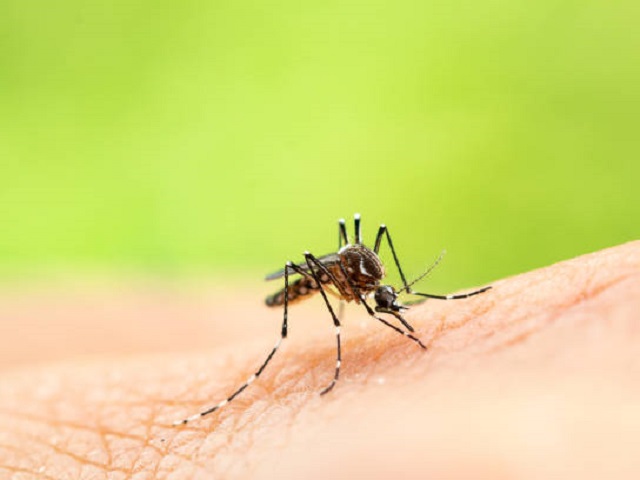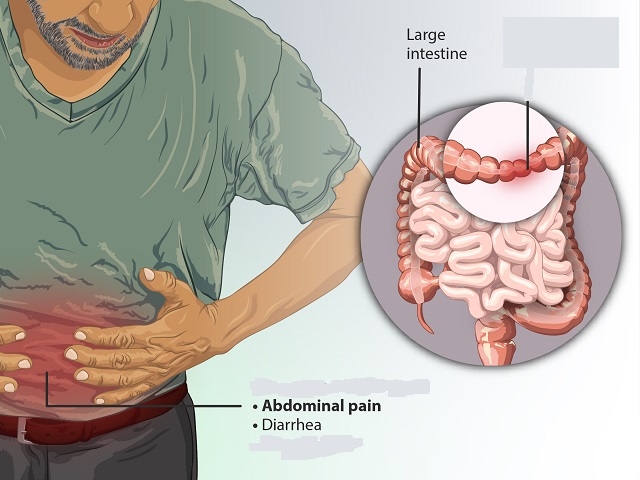7 Signs You May Have Typhoid Fever -- Symptoms, Causes, Effects, Treatment and Prevention
Typhoid fever is a bacterial infection caused by the bacterium Salmonella typhi. It is primarily transmitted through the ingestion of contaminated food or water. Typhoid fever is characterized by prolonged fever, abdominal pain, and gastrointestinal symptoms.
Symptoms of Typhoid Fever:
The symptoms of typhoid fever typically develop gradually, and they can vary in severity. Common symptoms include:
- Prolonged high fever.
- Weakness and fatigue.
- Abdominal pain and discomfort.
- Headache.
- Loss of appetite.
- Diarrhea or constipation.
- Rose-colored spots on the chest and abdomen.
Causes of Typhoid Fever:
Typhoid fever is caused by the bacterium Salmonella typhi, which is primarily found in contaminated food and water. The bacteria can spread through the ingestion of food or water contaminated with the feces of an infected person. Poor sanitation and hygiene practices contribute to the transmission of the bacteria.
Effects of Typhoid Fever:
Untreated or severe cases of typhoid fever can have serious effects on the body. These can include intestinal perforation, internal bleeding, pneumonia, and even death in rare cases. Typhoid fever can also lead to long-term complications such as intestinal ulcers and a carrier state, where individuals continue to shed the bacteria even after recovering from the acute illness.
Treatment of Typhoid Fever:
Typhoid fever is typically treated with antibiotics to eliminate the bacteria from the body. Commonly used antibiotics include fluoroquinolones and cephalosporins. It is important to complete the full course of antibiotics as prescribed by the healthcare provider to ensure complete eradication of the bacteria.
Prevention of Typhoid Fever:
Prevention strategies for typhoid fever include:
- Safe food and water practices: Drinking safe, treated water and consuming properly cooked and hygienically prepared food can help prevent typhoid fever.
- Good hygiene practices: Proper handwashing with soap and clean water, particularly before handling food or eating, can reduce the risk of infection.
- Vaccination: Vaccines are available to prevent typhoid fever. They are recommended for individuals traveling to areas with a high risk of infection or for those with occupations that put them at higher risk.
It is important to seek medical attention if you suspect you have typhoid fever or have been exposed to the disease.
References:
Centers for Disease Control and Prevention. (2021). Typhoid fever. Retrieved from https://www.cdc.gov/typhoid-fever/index.html
World Health Organization. (2018). Typhoid fever. Retrieved from https://www.who.int/news-room/fact-sheets/detail/typhoid


















